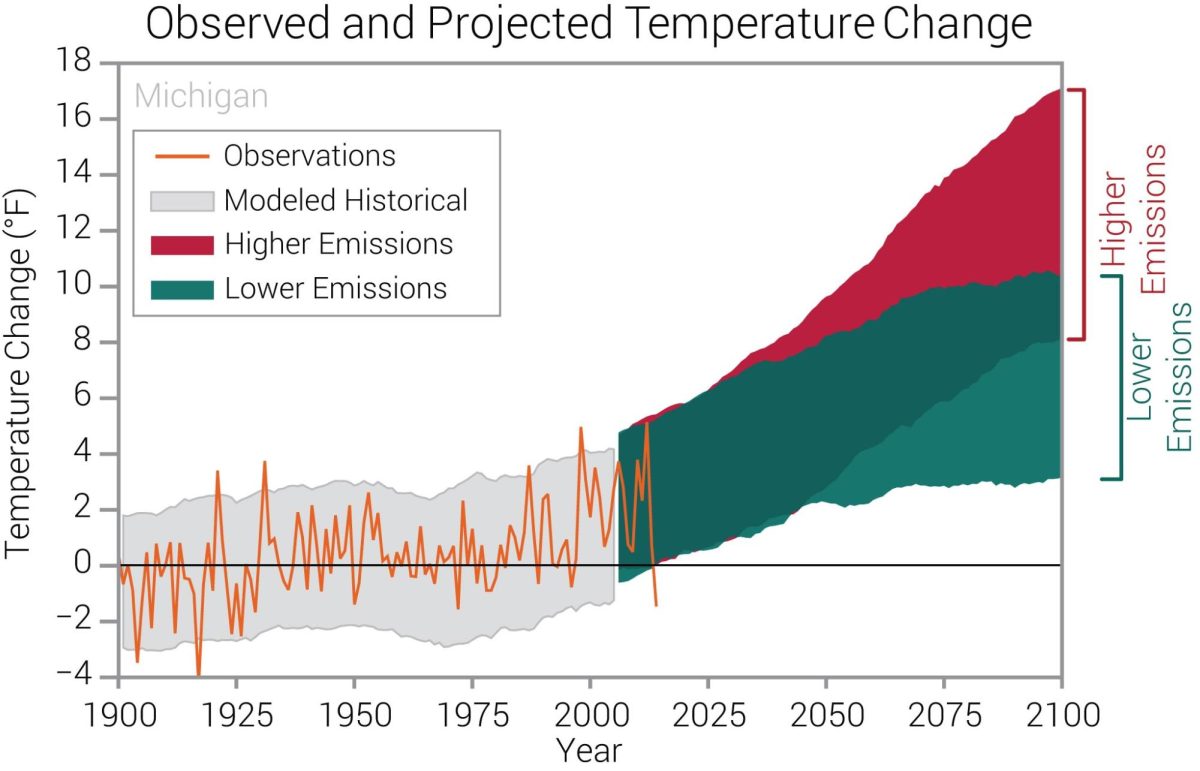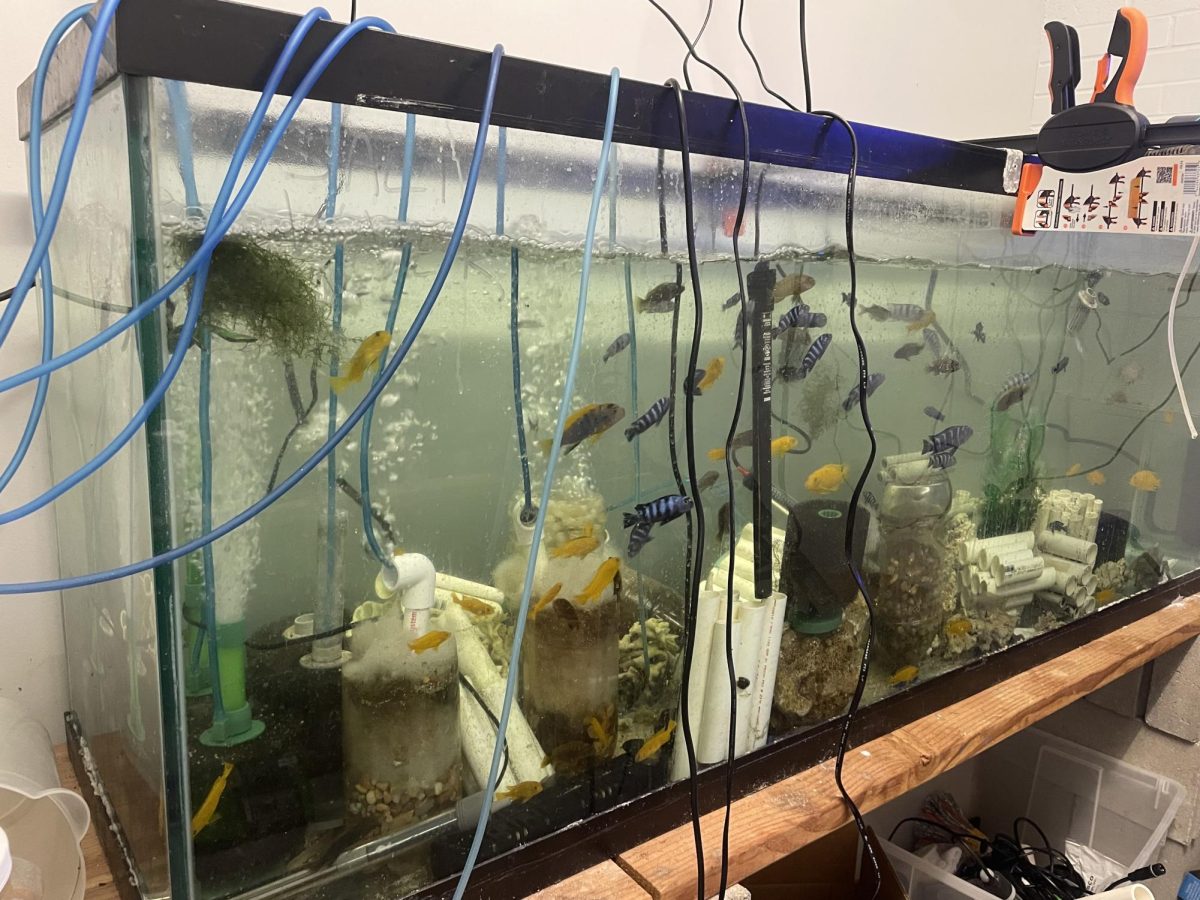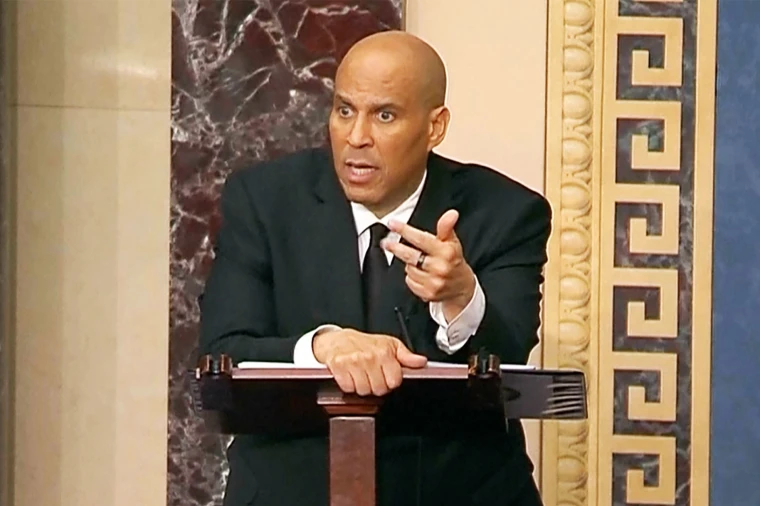Record-breaking high temperatures across Michigan marked the end of October 2024, overshadowed typical Halloween festivities. Oct. 29, 2024, holds record-breaking high temperatures around the state of Michigan. According to MLive, the most-read news site in Michigan, ten cities across the state set records for the highest temperature recorded on Oct. 29. In the lower peninsula, these temperatures ranged from 78 degrees to 80 degrees. Determined by the National Weather Service, these numbers are far above the average October temperature of 53 degrees, that is a difference of approximately 25 degrees.
In recent years, similar data has been observed at the end of October, with temperatures rising, but nothing nearly as high as this. When focusing on Detroit data from Time and Date, the world’s top-ranking website for time and time zones, temperatures in the last two weeks of October, prior to 2020, were about average, ranging from 50-55 degrees. Ever since 2020, the end of October has been seeing temperatures between 70-75 degrees. This is starting to alarm the public.
Most of the world is slowly watching the world decline because of climate change. Temperatures are extreme, areas are drying while others are flooding, and no change is happening. Many individuals don’t have a clear understanding as to why this is happening and it is hard to help when knowledge is vague. There are many factors contributing to climate change, including transportation, food production, manufacturing goods, and powering buildings. But, what are these things, and how can you help?
Transportation is an aspect of climate change that everyone partakes in nearly every day, especially when traveling to school and work. According to the United Nations (UN) Climate Action, most cars, trucks, ships, and planes run on fossil fuels; fossil fuel use accounts for over 75 percent of global greenhouse gas emissions. Greenhouse gases, such as carbon-dioxide are the overarching reason for climate change. When greenhouse gases are emitted, they blanket the earth and trap the sun’s heat by absorbing light. The UN Climate Action also claims that transportation accounts for approximately one-fourth of global energy-related carbon-dioxide emissions. In order to save our planet, balancing your use of transportation is a necessity. If you’re going somewhere nearby, consider walking or biking. For some, this may not be possible, but if you’re able to, you should try taking time out of your day to walk. This will get us one step closer to saving our Earth.
Food production is a major, often overlooked contributor to climate change. Producing food releases carbon dioxide and methane which are both greenhouse gases. These are released on land through agriculture, cow and sheep digestion, and running farming equipment. Along with land emissions, there are also emissions through water: fishing (boats). Since food is an essential need, helping to reduce its production will be difficult, but if large food production companies use more sustainable methods for farming and fishing, the greenhouse gas emissions will be minimized. To individually help decrease food production, you can reuse food scraps in other recipes. This way, you’re not contributing to food production by over-demanding items when you can use what you already have. By encouraging sustainability, you will help save our planet.
When researching climate change, manufacturing goods will come up as a leading cause, but many don’t know how or why. Manufacturing goods includes making things such as cement, iron, steel, electronics, plastics, clothes (fast fashion), and other goods. Simply producing these items also releases emissions; they are mainly released because of the burning of fossil fuels to produce goods. As said before, fossil fuels are a huge contributor to climate change. To reduce the burning of fossil fuels, companies must start producing goods by using plant materials and recycled plastics, or in other words, ‘reduce, reuse, recycle.’ High schoolers may feel that they aren’t able to help, but that is false. High schoolers tend to support fast fashion, cheap clothing that is rapidly produced by mass-market retailers in response to the latest trends; If you stop supporting fast fashion, you’re helping diminish climate change. Evidently, manufacturing goods is a massive contributor. To reduce the manufacturing of goods, consume less. As a consumer, it is important to decrease consumer demand so less manufacturing is necessary. The less consumer demand, the less manufacturing necessary.
An everyday task that sometimes goes unnoticed, is another factor of climate change: powering buildings. Electricity is a major contributor to climate change, using lights, heating and cooling, water, and more all count towards electricity. As a result, people worsen climate change daily all because of electricity. Coal, oil, and natural gas are all relied on for heating and cooling. Although they may seem like a necessity, they emit significant amounts of greenhouse gas emissions by burning fossil fuels – coal, oil, or gas. In order to reduce your emissions, you must control your electricity usage. There are a few ways to do this: ensure you turn off when not in use, use natural light, and try using solar energy. Many companies offer enhanced electricity products such as solar panels. Install yours today to help save the Earth.
Matt Fitzpatrick at the University of Maryland Center for Environmental Science, created an app that predicts future climates. In 2080, about 60 years from 2024, Detroit, Michigan will have climate conditions that can be found today in Gassville, Arkansas. This example of Detroit shows the intensity of climate changes’ impact on the future of our planet. This means Michigan winters will be gone, snow days won’t occur anymore, and summers will be about 12 degrees warmer. This is a concerning environment to raise kids in. There will be no more “Michigan summers,” the summers everybody awaits. There will be no more winter days where the roads are snowed over and transportation isn’t accessible. It will not feel like Michigan anymore. If Michigan starts to feel like the South, it’s only imaginable what naturally-hot climates will turn into. If greenhouse gas emissions aren’t taken care of, global warming will worsen and there will be no future for our planet. If you want a future for yourself, it is essential to partake in the change of our environment.









